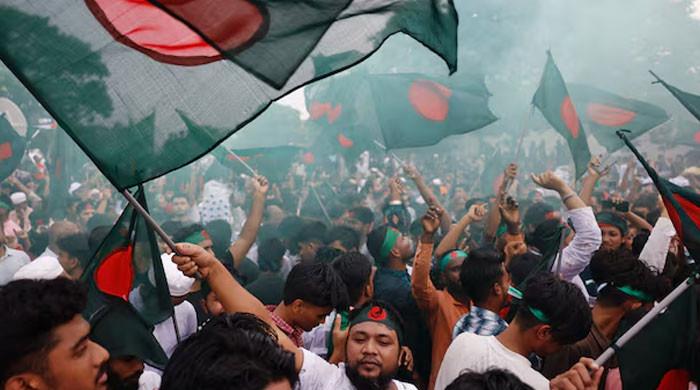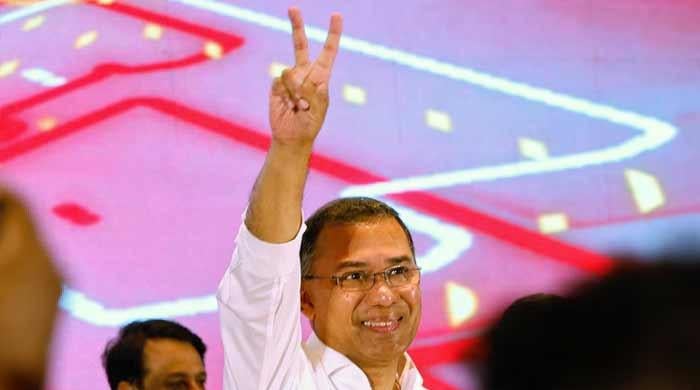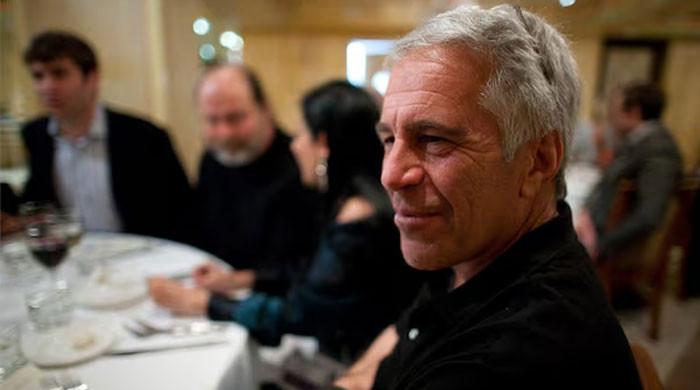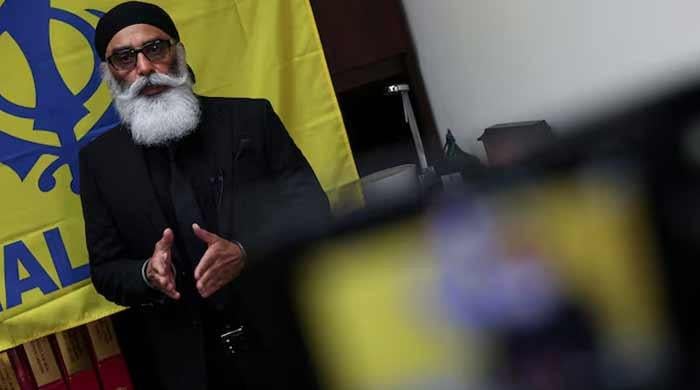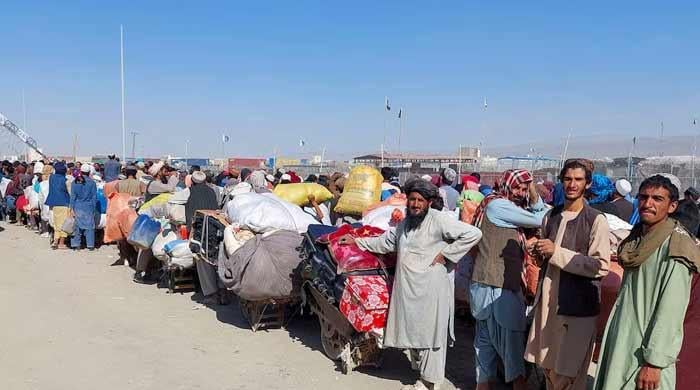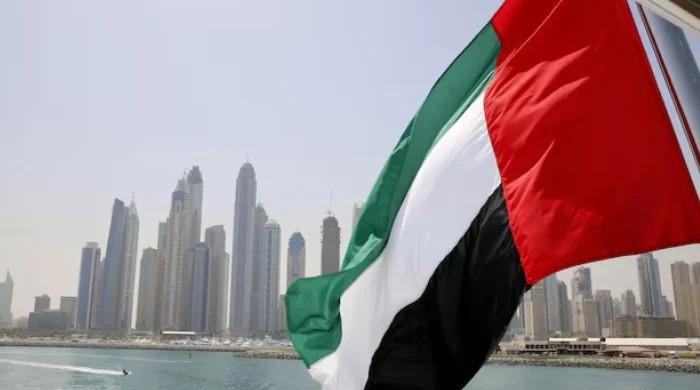Defiant Thai protesters cut power to police HQ
BANGKOK: Thai opposition protesters cut the power to the national police headquarters Thursday, ignoring a plea by the prime minister to end their rallies after she survived a no confidence vote in...
November 28, 2013
The nearly one-month-long demonstrations are the biggest since mass protests three years ago which degenerated into the kingdoms worst civil strife in decades with more than 90 people killed and nearly 1,900 wounded.
Prime Minister Yingluck Shinawatra received a much-needed boost as lawmakers in the ruling party-dominated lower house overwhelmingly rejected the censure motion against her 297-134.
The motion was filed by the opposition Democrat Party, which alleges widespread corruption in government and accuses Yingluck of acting as a puppet for her brother, the ousted former premier Thaksin Shinawatra.Yingluck -- who denies the accusations -- delivered a televised national address following the confidence vote, urging demonstrators to end their rallies.
"I propose to protesters to stop protesting and leave government offices so the civil service can move forward," she said.
"The government does not want confrontation and is ready to cooperate with everybody to find a solution," she added.
But just hours later the demonstrators cut off the electricity supply to the national police headquarters in Bangkok, a senior officer said.
"Now we are running on a generator," Police Lieutenant General Prawut Thavornsiri told AFP, as about 1,000 protesters gathered outside.
The move also hit the forensic department of a hospital next door although the main facility was unaffected, the hospital director said.
It was unclear how police would respond to the provocative move. But so far they have avoided confrontation with the demonstrators, and the government appears reluctant to call on soldiers to strengthen security.
Protesters are demanding the end of the "Thaksin regime" and want to replace the government with an unelected "peoples council" -- a demand Yingluck said was impossible under the constitution.
Thaksin, a billionaire tycoon-turned-politician, remains a hugely divisive figure seven years after he was deposed in 2006 by royalist generals.
He is adored by many of the country’s rural and urban working class but hated by many southerners, middle-class Thais and the Bangkok elite, who see him as corrupt and a threat to the monarchy. (AFP)




